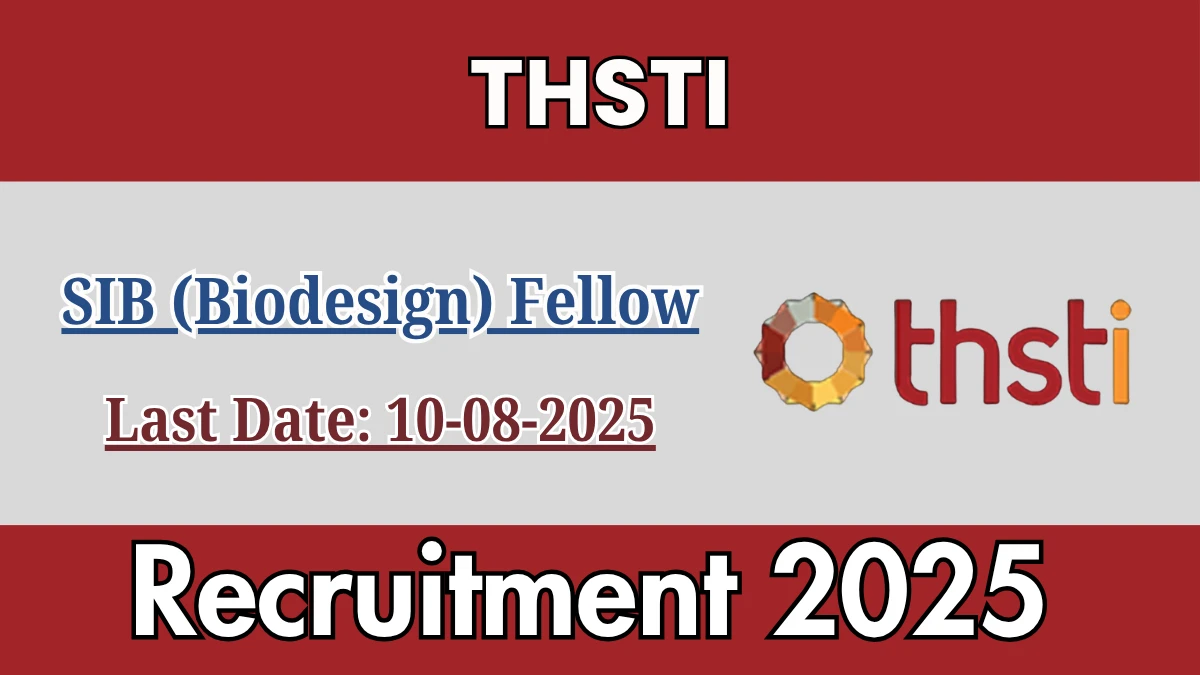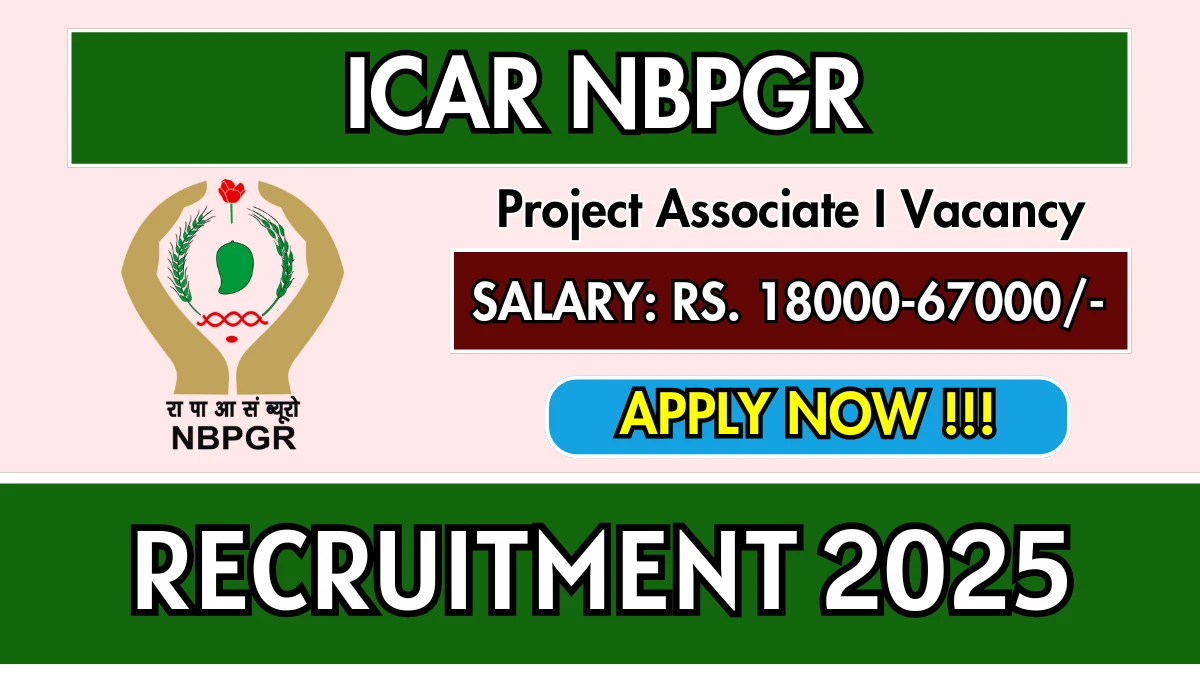Stories you may like
Higher education careers advisers provide information and guidance about career choice, employment and educational opportunities to current university students, postgraduates and recent graduates.
Careers advisers working in higher education help undergraduate and postgraduate students make decisions about their future careers and provide support with the job application process. Responsibilities of higher education careers advisers include:
-
assessing personal characteristics, skills and interests via individual interviews and/or group work, and relating these to suitable opportunities
-
providing help and advice in a range of ways, including face-to-face meetings such as drop-in clinics and guidance interviews, social media and direct personal contact by email, phone and Skype
-
liaising with schools, colleges, academic departments, employers and professional organisations
-
organising work placements
-
writing careers literature, action plans and reports
-
making presentations
-
working with academic departments to provide career management skills (CMS) sessions
-
running workshops and events, which may include external speakers such as representatives of employers or professional organisations
-
supporting psychometric and personality testing
-
using specialist computer-aided guidance applications
-
attending conferences
-
advising students on CVs, covering letters and interviews, and holding mock interviews
Qualifications and training required
An undergraduate degree is often preferred for a higher education careers adviser role, but universities can set their own criteria for recruitment and may be willing to consider candidates who are not graduates but who have extensive experience or who have qualified through a vocational route.
Any degree discipline is acceptable for entry into the profession: experience and personality are usually more important than the subject studied. A relevant qualification may be required for some positions, such as law, engineering or science.
There are two main postgraduate training routes for would-be careers advisers. Candidates can study for the qualification in career development (QCD), which recently replaced the qualification in career guidance (QCG). QCD courses may also be open to applicants with appropriate skills or experience who do not have a degree if they can show that they are likely to meet the academic standard required.
Alternatively, candidates can study for a postgraduate diploma in careers guidance, a university course that takes one year full-time and two years part-time, and is completed in conjunction with work experience.
Key skills for higher education careers advisers
Potential employees should have plenty of confidence and excellent presentation, listening, verbal and written communication skills. Confidentiality, a non-judgemental manner, patience and good teamworking, organisational and interpersonal skills are also important.
Employers of higher education careers advisers
Careers advisers working in higher education are typically employed directly by universities and colleges of higher education.









User's Comments
Nirvanashop Reply
What a nice post! Thanks a lot for this Blog commenting sites list that is very helpful for every newbie like me. White Fire OG Feminized Getting this post benefited me. Please keep it up.
Nirvanashop Reply
What a nice post! Thanks a lot for this Blog commenting sites list that is very helpful for every newbie like me. White Fire OG Feminized Getting this post benefited me. Please keep it up.